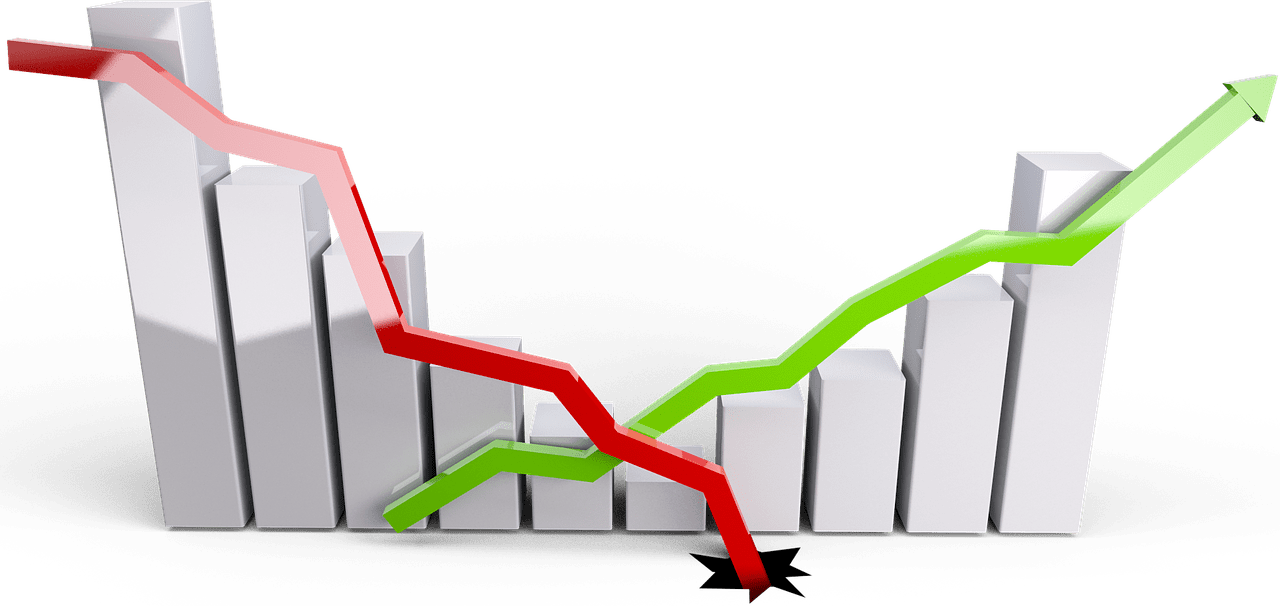Towards the end of the Summer, Bank of Ireland introduced negative interest rates of 0.65% for any Corporate or pension monies left with them on Deposit. All the other banks charge similar rates. This negative return for leaving money with a bank received a lot of publicity but also helped focus our minds on the impact of low and negative interest rates for us all.
In addition to this, Covid-19 helped supercharge deposits with an extra €11 Billion being put on Deposit over the last 9 months. There is now €120 Billion in savings and deposits with various institutions in Ireland.
This is referred to in one of the articles linked to this Newsletter called “Saving Ireland – how Covid-19 turbo-charges deposits.”
We would like to talk about 2 areas that are important.
- Deposits and Risk
- Low-Risk Portfolios
Deposits and risk
Most people keep monies on deposit because they feel it provides security. If you can get a rate that equals or is in excess of inflation then it does tick that Security box, however, if the rate is less than inflation, which is now the case, then you are losing money in real terms.
If my everyday expenses double over time and my capital and interest remain the same, then I have effectively lost half my money.
If money is purchasing power, risk threatens it. So you could determine that Deposits now have an element of risk associated with them. This is the risk of not keeping up with inflation.
At Mason Wealth Management we believe that Financial Planning is now more important than ever. This process helps you to understand what your Deposits really mean and what they should be used for. We are suggesting that you should ask yourself some of the following questions:
If you are still working:-
-
Do I have enough savings to cover my wages for 6 months if I couldn’t work or lost my job?
-
Is there anything significant that I need to buy over the next 0-7 years. If there is, then leave the cost of this on Deposit.
-
Why do I have anything in excess of these amounts still on Deposit?
-
How do I get a return on this money?
-
Is there another family member that could use it more than me if I have money left over that I will never need.
If you have no new earned income and you are living off the assets you have worked hard to build up:-
Category 1 – I have more than Enough money to life on
-
Do I have enough to cover what I need to spend for the next 5-7 years?
-
Anything in excess of this should be removed from my Deposit account.
-
Once removed from my Deposit Account are there things that I can spend this excess Deposit money on now that would make me or my family happy?
-
Does it make sense for me to consider giving some of this away now rather than later?
-
If I cant spend more now or give anything away now, can I look at ways of getting a long term return that will enhance the legacy I will eventually leave behind?
Category 2 – Just Enough?
-
Leave on Deposit the money that is needed for the next 5-7 years.
-
If I intend passing on wealth in the future and this is included in my financial plan, should I consider passing this money on sooner rather than later?.
-
How can I get a return on the excess in order to beat inflation?
Category 3 – Not Enough?
-
If I keep more monies on Deposit than I need to use over the next 5-7 years, then I could run out of money sooner than was originally planned.
-
I need to look at how I can get a return on this excess money on Deposit.
Low-Risk Portfolios
This is also tied to low-interest rates because most low-risk portfolios have a significant portion in Government & Corporate Bonds. It is reasonable to assume that this asset class over the next numbers of years will struggle to get any sort of a return as the yields on these bonds is very low.
Up to now Bonds have performed well but will this continue?
Low-risk Portfolios make investors feel good because the potential for any drop in the short term is minimal. Unfortunately, with interest rates negative, holding low-risk portfolios will probably cost you money over the long term.
So what do you do?
With all our clients we explain the basic rules of investing one of which is to let markets work for you and this ties in nicely with some of the quotes in the Warren Buffet article included elsewhere in this newsletter.
Know your investment time frame. For clients who can invest for the longer term we will be encouraging them to consider reviewing their low-risk portfolios and thereby reducing the risk of losing money over the longer term by reducing their exposure to Bonds and increasing their Equity weightings.
In Conclusion
It is our job to help you distinguish between short term uncertainty and long term security.
We look forward to having conversations with you next year around the topics mentioned above and we hope that this article has helped get you thinking.




